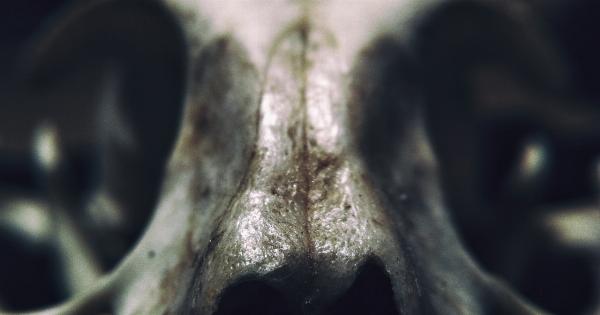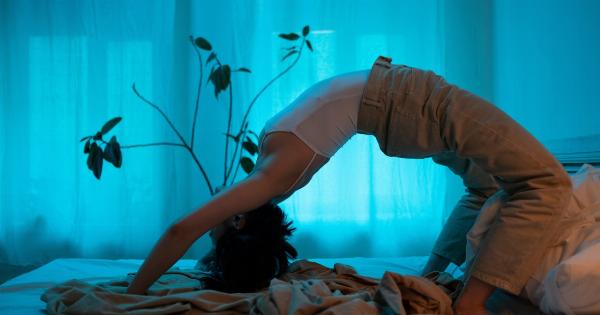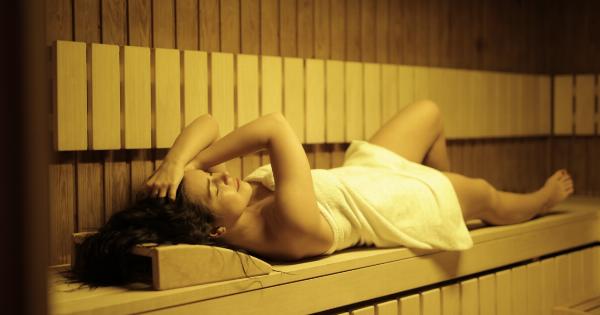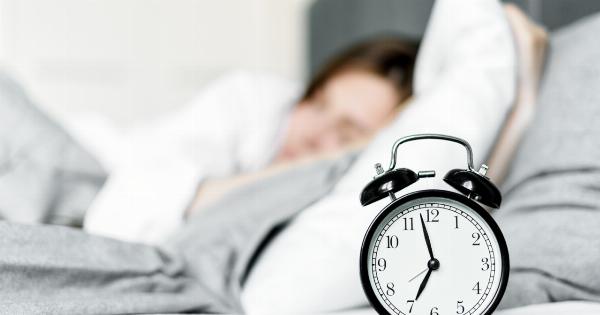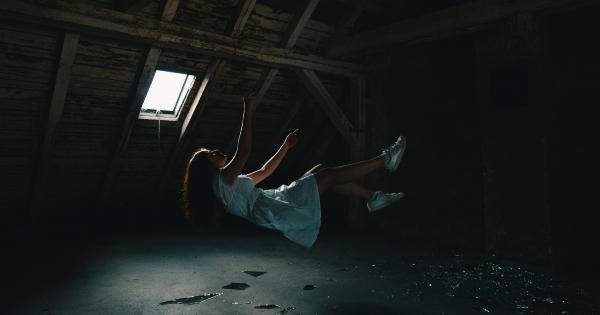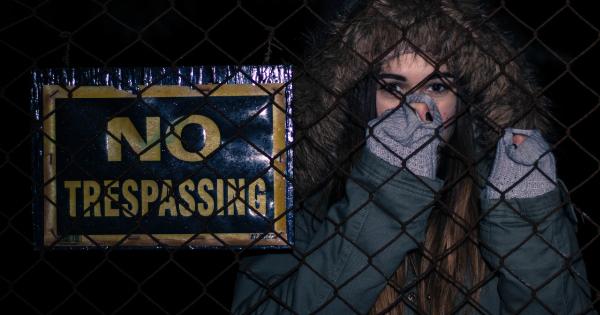Sleep paralysis is a condition that is quite common and affects many people across the globe. It occurs when a person is awake, but they are unable to move or speak.
The experience is often quite terrifying, as individuals may feel like they are suffocating or unable to breathe. However, it is a relatively harmless condition and does not usually require medical treatment. In this article, we will explore the causes, symptoms, and treatment options for sleep paralysis.
What is Sleep Paralysis?
Sleep paralysis is a condition that can occur when a person is transitioning between sleep and wakefulness. During this time, the body is often in a state of paralysis to prevent the individual from acting out their dreams.
However, in some cases, the paralysis persists even after the person has awakened. As a result, the individual may feel like they are unable to move or speak for several seconds or even minutes. Sleep paralysis is often accompanied by vivid hallucinations and a feeling of terror or impending doom.
Causes of Sleep Paralysis
The exact cause of sleep paralysis is not fully understood. However, several factors have been linked to the condition. They include:.
- Sleep deprivation: When a person does not get enough sleep, their brain is more likely to trigger an episode of sleep paralysis.
- Irregular sleeping patterns: Sleeping at irregular times or napping during the day can also increase the likelihood of experiencing sleep paralysis.
- Stress and anxiety: High levels of stress or anxiety can trigger sleep paralysis in some individuals.
- Sleeping on your back: Sleeping on your back can increase the likelihood of experiencing sleep paralysis, as it can cause the tongue to fall back and obstruct the airway, leading to breathing difficulties and feelings of suffocation.
- Genetics: Sleep paralysis may run in families, suggesting a genetic component to the condition.
- Other sleep disorders: Sleep disorders such as narcolepsy and restless leg syndrome can increase the likelihood of experiencing sleep paralysis.
Symptoms of Sleep Paralysis
The main symptom of sleep paralysis is the feeling of being completely paralyzed, despite being fully conscious. Other symptoms include:.
- Hallucinations: People experiencing sleep paralysis often report vivid hallucinations that can be terrifying and difficult to distinguish from reality. These hallucinations may include seeing or feeling a presence in the room, hearing voices, or feeling as though someone or something is sitting on their chest.
- Difficulty breathing: Some individuals may experience difficulty breathing or a sensation of choking during an episode of sleep paralysis.
- Inability to speak or move: The individual may feel as though they are trying to speak or move, but they are unable to do so.
- Increased heart rate: Episodes of sleep paralysis can lead to an increased heart rate, sweating, and feelings of anxiety or fear.
Treatment for Sleep Paralysis
Most episodes of sleep paralysis do not require medical treatment. However, there are some steps that individuals can take to reduce the likelihood of experiencing the condition:.
- Get enough sleep: Lack of sleep is a significant trigger for sleep paralysis. Ensure that you get at least 7-8 hours of quality sleep every night.
- Avoid sleeping on your back: Sleeping on your back can increase the risk of sleep paralysis. Try sleeping on your side instead.
- Reduce stress and anxiety: Stress and anxiety can trigger episodes of sleep paralysis. Practice relaxation techniques such as deep breathing, meditation, or yoga to reduce stress levels.
- Establish a regular sleep schedule: Try to go to bed and wake up at the same time every day to regulate your sleep patterns.
- Consult a doctor: If sleep paralysis is causing significant distress or is interfering with your ability to function, consult a doctor. In some cases, medication such as antidepressants may be prescribed to help manage the condition.
Conclusion
Sleep paralysis can be a frightening experience. However, it is a relatively harmless condition that affects many people.
By understanding the causes, symptoms, and treatment options for this condition, individuals can take steps to reduce their likelihood of experiencing sleep paralysis and manage any episodes that do occur.



